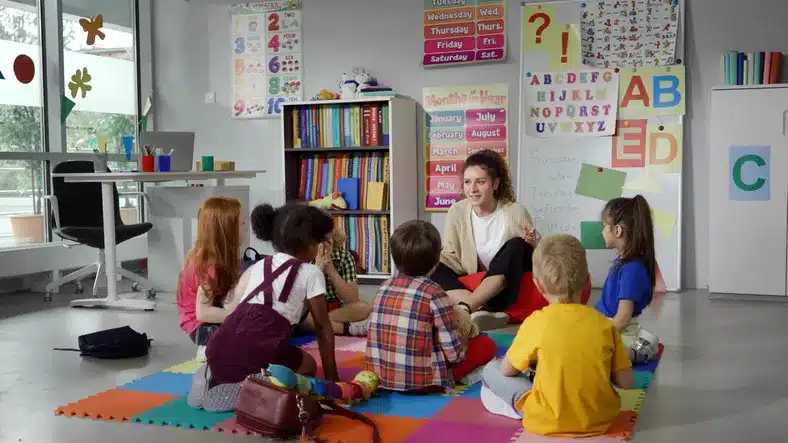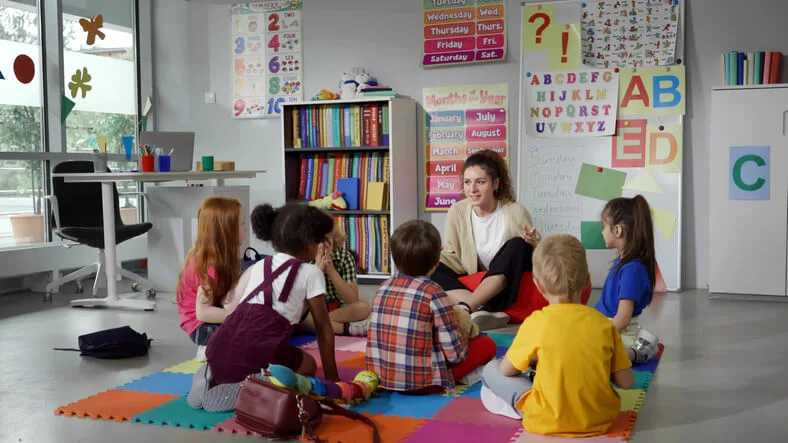
How to Help Your Special Needs Child Thrive in School
Good communication between parents and teachers is key to every child’s success—but it’s essential when your child has a learning difference. Staying informed, maintaining open communication, and helping your child feel empowered can make the school year smoother and more rewarding for everyone involved. Here are some tips on how to set your child up for success.
Know Your Rights—and Speak Up
Parents are entitled to clear information about special education services and supports. Understanding these rights helps you advocate confidently for your child. When attending meetings—such as the Committee on Special Education (CSE), annual reviews, or parent-teacher conferences—don’t hesitate to ask questions if something isn’t clear. Staying informed puts you and your child in the best position to ensure their needs are met.
Psst… Check Out New NYC Budget Expands 2K Child Care, Boosts Special Needs Services, and Adds $220M in Child Care Vouchers
Keep Communication Flowing
Regular, honest communication with your child’s teachers makes a huge difference. Long Island co-teachers Kathy Devine and Emily Cole emphasize that parents of students with special needs should stay in close contact. “We like to know early if something changes at home—like a new medication or a shift in routine,” Cole says. Devine adds, “If your child is struggling with homework, let us know right away instead of waiting until the end of the trimester.”
Write a short letter to your child’s teacher at the start of the school year describing their strengths, challenges, and what strategies work best. It helps teachers understand your child as an individual from day one.
Understand IEP Goals
Take time to learn your child’s Individualized Education Plan (IEP) goals and how they differ from general classroom goals. It’s normal for students to progress differently across these areas, but knowing what each set of goals measures will help you track growth more accurately—and celebrate progress in all forms.
Involve Your Child in the Process
Encouraging your child to participate in discussions about their learning plan can build confidence and self-advocacy skills. Cassie Reilly, a Transition Coordinator at a Long Island high school, suggests involving children in IEP meetings when possible. “Being open with kids about their diagnosis helps them see that their learning difference doesn’t define them,” she says. It’s about giving them a voice in their own education.
Embrace Your Child’s Unique Path
Every child’s journey looks different. Reilly notes that children may behave or perform differently at school than at home, and that’s okay. Success might not always follow a typical path—but with ongoing communication and understanding, parents and teachers can work together to find what works best for each child.
Psst.. Check Out Deputy Chancellor Christina Foti Wants Education to Be Accessible for Everyone














